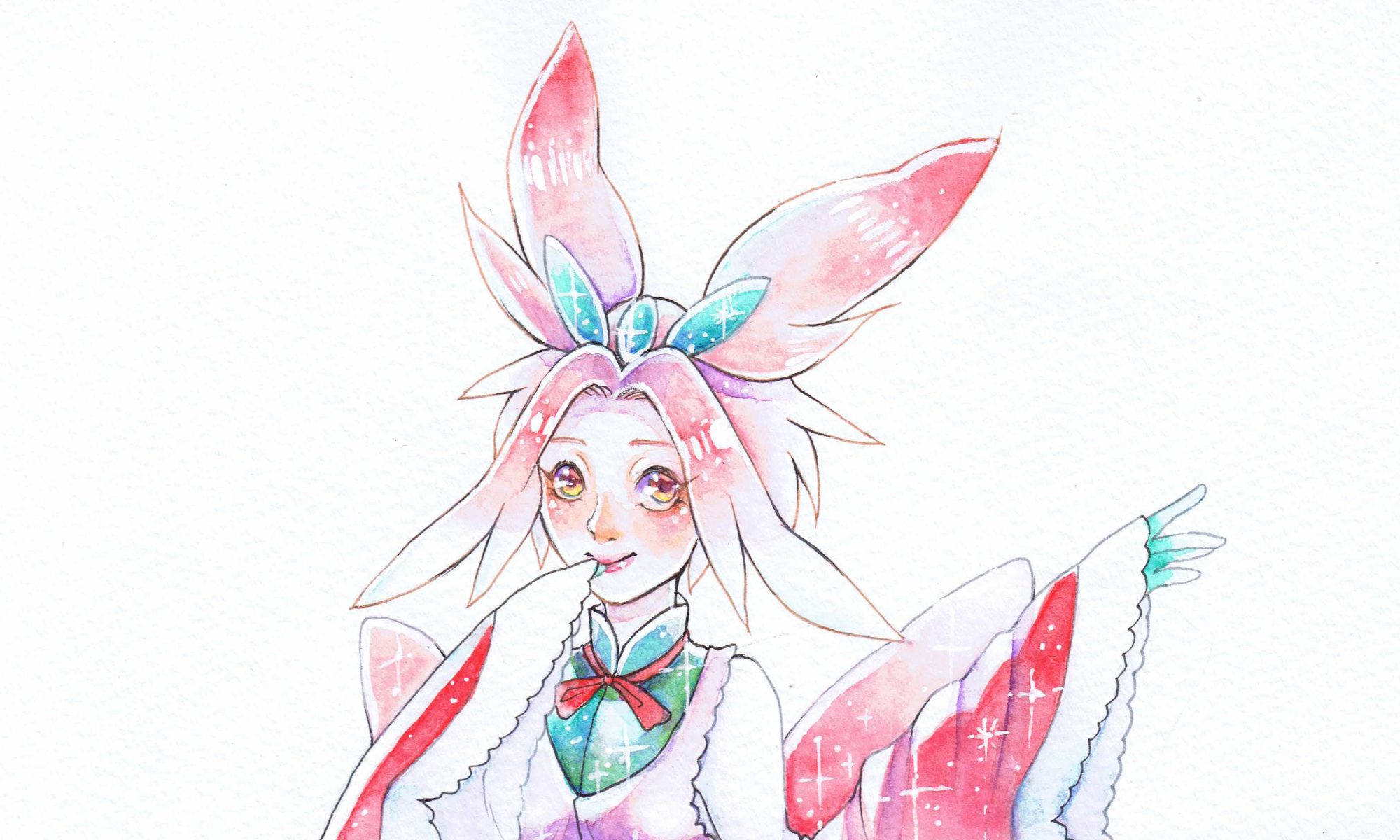#1 – A Grandma’s Goldfish 「婆ちゃの金魚」
While researching for project 4, I stumbled upon this gold nugget from 2012.
This is an independently produced animated short film by Kaori Iwase who completed it at the Tokyo University of the Arts as her graduation production while she was a student there.
The subject of the film is about dementia, being heavily influenced by the theme that people’s memories become just like water; unstable and easily displaced, as they grow old.
The main character of the story is an elderly lady who has dementia and can’t remember the past. Her world revolves around her beloved pet goldfish, Tama-Chan, that takes her on a journey down the River of Memory.
This short film is a combination of experienced time, Grandma’s perception of time passing as is, and non-linear edited time, when she realises that it is a flashback of her past as a child.
When the short film was released on DVD as part of the collection of the 2013 Tokyo Award Collection, it was the only film that came without the subtitles. Interestingly, going through some of the Youtube comments, I saw how this film had managed to transcend the language barrier to come to a common understanding that the film was about dementia. The film had skilfully directed the audience through the child-like behavioural attitude of the Grandma, the state of decay of the house; reflective of the grandma’s mental state, the use of water as a portal to her old memories, and the Tama-Chan being the trigger to her flashback for her love of fishes.
#2 The Village by Mark Baker
This was an animated short film produced by Mark Baker in 1993.
In this short film, the subject is the man wearing the glasses. The story is about a town ruled by a church filled with sinners who spy on each other, pretending to be upright and lawful citizens. The whole film is heavily themed on the idea of sin, that every human character in the film has committed a sin even though the town is ruled by a church which preaches to the villagers and that the only “normal” and humane characters are the ants.
This makes the viewers question organised religion (touchy subject here wow) , being just an excuse to hide people’s negative side, and their own morality, whether they have been the victim of such behaviour or if they were just like the villagers in the film, full of doubt and mistrust in those around them.
The short film is a combination of linear time and edited linear time.
Similarities
- Both film uses edited time to show the passing of day/s.
Differences
- A Grandma’s Goldfish (2012) evokes emotional reactions hence, it is an emotional content whereas The Village (1993) raises questions and thoughts in the audience hence, it is an intellectual content.
I am v tired pls excuse my horrible writing will fix it once I’m functional (real question is, when will I ever be lmao)

